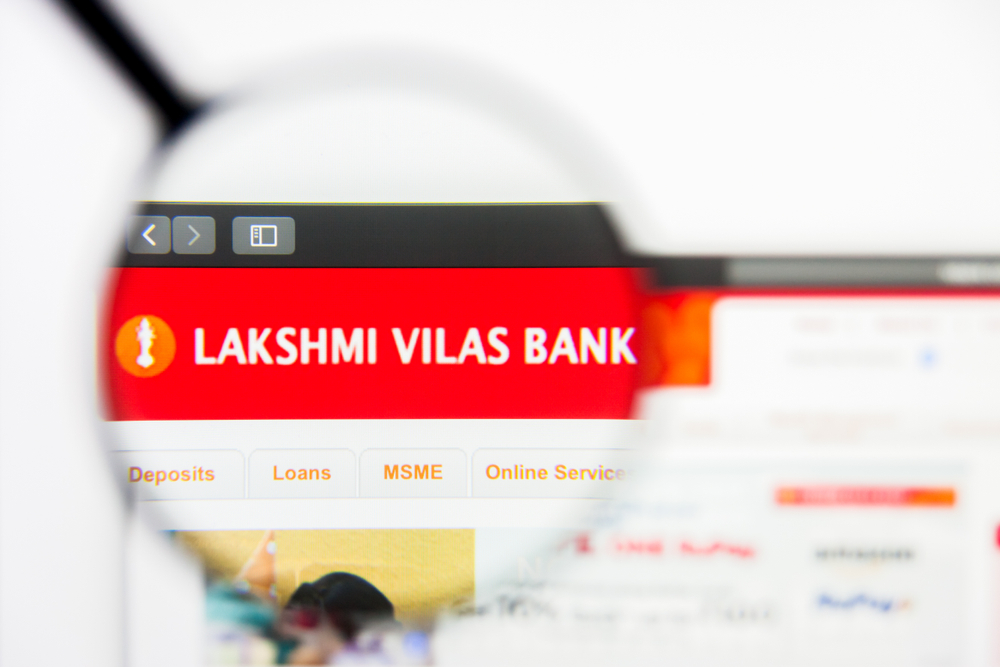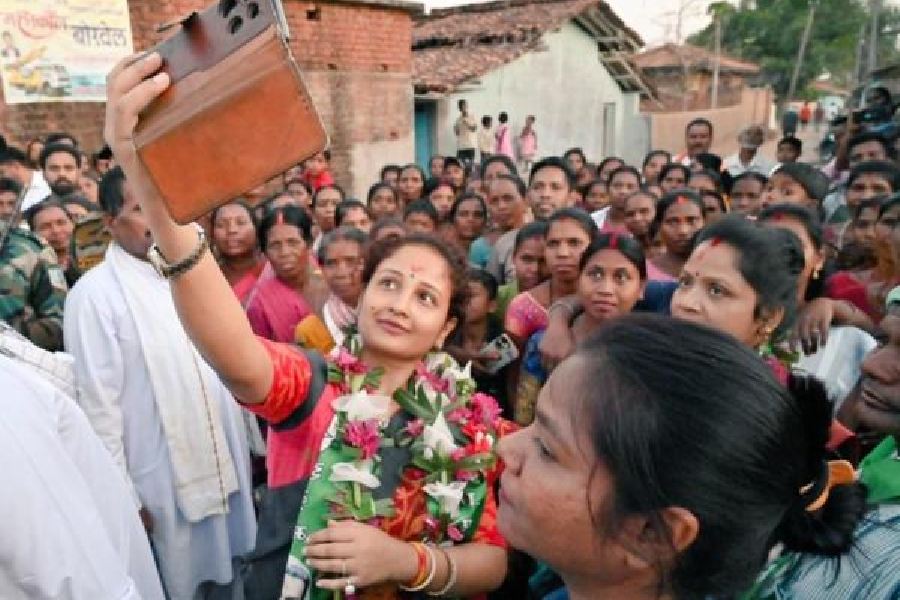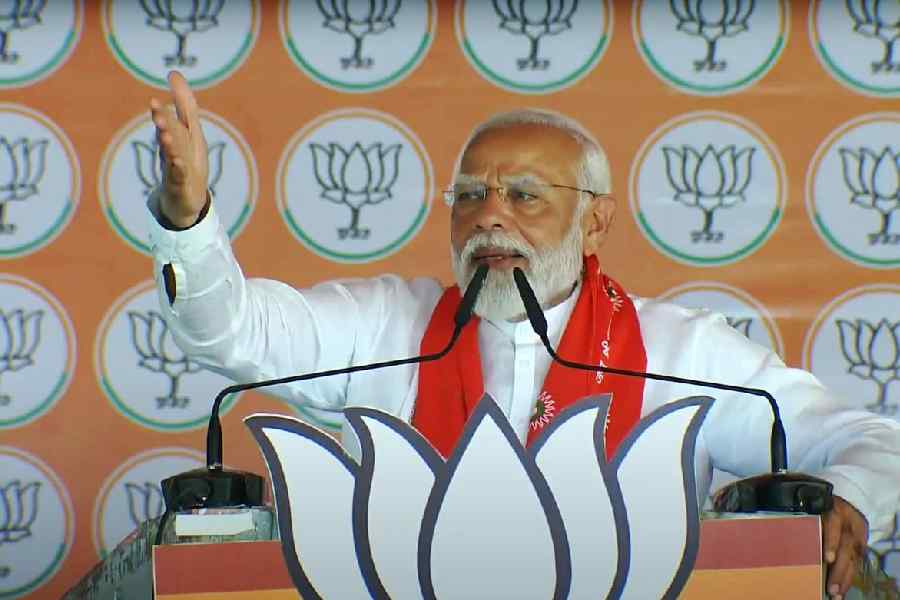Lakshmi Vilas Bank (LVB) will be merged with DBS Bank India after the government on Tuesday placed the troubled private sector lender under moratorium because of its deteriorating financial position. DBS Bank India (DBIL) is a subsidiary of the Singapore-based DBS Bank Ltd (DBS).
This is the first instance in recent times where the RBI is merging a private sector lender with a foreign bank. It comes months after the central bank came up with a rescue plan for Yes Bank, while in September last year it placed restrictions on the PMC Bank.
The swift action from the RBI came minutes after the government put out a notification placing the Tamil Nadu based bank under moratorium as requested in an application made by the RBI.
Simultaneously, the central bank superceded the board of directors of LVB for a period of 30 days. T.N. Manoharan, former executive chairman of Canara Bank, has been appointed as the administrator of the lender.
Rs 25000 withdrawal
The one-month moratorium, which began from 6pm on Tuesday, will last till December 16. During this period, cash withdrawals by depositors have been capped at Rs 25,000.
However, depositors can withdraw more than Rs 25,000 to meet medical expenses for self or a dependant person, to pay for higher education of the depositor or any dependent, to meet expenses for weddings or other ceremonies of the depositor or their dependents. The additional sum can be withdrawn for any other unavoidable emergency situations as well.
Shareholder woes
The amalgamation with DBIL, however, brings with it some bad news for LVB shareholders.
The RBI said from the “appointed date”, the entire amount of the paid-up share capital and reserves and surplus, including the balances in the share or securities premium account of the transferor bank will be written off. This means LVB will be delisted from the bourses with shareholders getting nothing.
For any interest bearing deposit accounts, DBIL will pay interest at the rate applicable under the prevailing policy of LVB till the appointed date. After this date, depositors of LVB will get interest rates similar to that offered by the foreign lender.
Solid financials
DBIL is a wholly owned subsidiary of DBS Bank Ltd, Singapore, which in turn is a subsidiary of Asia’s leading financial services group, DBS Group Holdings and has the advantage of a strong parentage. It has been issued a banking licence to operate as a banking company under Section 22 (1) of the B R Act, on October 4, 2018.
DBIL has a healthy balance sheet. As on June 30, 2020, its total regulatory capital was Rs 7,109 crore (against capital of Rs 7,023 crore as on March 31, 2020). As on June 30, 2020, its gross NPAs and net NPAs were low at 2.7 per cent and 0.5 per cent, respectively; the capital to risk weighted assets ratio (CRAR) was comfortable at 15.99 per cent (against the requirement of 9 per cent); and the common equity Tier-1 (CET-1) capital at 12.84 per cent was well above the requirement of 5.5 per cent.
Although the DBIL is well capitalised, it will bring in an additional capital of Rs 2,500 crore upfront to support credit growth of the merged entity.
The combined balance sheet of DBIL would remain healthy after the proposed amalgamation, with CRAR at 12.51 per cent and CET-1 capital at 9.61 per cent, without taking into account the infusion of additional capital.
The RBI had stepped in after LVB’s financials weakened as its losses widened to Rs 397 crore for the September quarter of 2020 against a loss of Rs 357 crore in the year-ago period because of a rise in bad loans and provisions.
The bank was in the news in September when shareholders voted out seven members from the board, including the then MD and CEO S Sundar. Later the RBI appointed a three-member committee of directors to run its daily affairs. LVB was also in talks with Gurgaon-based Clix group for a merger to bring in the much required capital, which did not fructify.
The RBI said LVB’s financial position has steadily declined with the bank incurring losses over the last three years, eroding its net-worth. In the absence of any viable strategic plan, declining advances and mounting non-performing assets (NPAs), the losses will widen.
“The bank management had indicated that it was in talks with certain investors. However, it failed to submit any concrete proposal to the RBI and the bank’s efforts to enhance its capital through amalgamation of an NBFC with itself appears to have reached a dead end,” it added.
The RBI also sought to assure depositors that their interests will be fully protected.
The RBI said DBIL will bring in additional capital of Rs 2500 crore upfront. The combined balance sheet of DBIL will remain healthy after the proposed amalgamation with a capital adequacy ratio of 12.51 per cent.
The banking regulator added that since bank-led and market-led revival efforts were a preferred option over a regulatory resolution, it had allowed the bank enough opportunities to draw up a credible revival plan or an amalgamation scheme, which did not materialise.
“After taking into consideration these developments, ...there is no alternative but to apply to the central government to impose a moratorium under section 45 of the Banking Regulation Act, 1949,’’ it disclosed.










